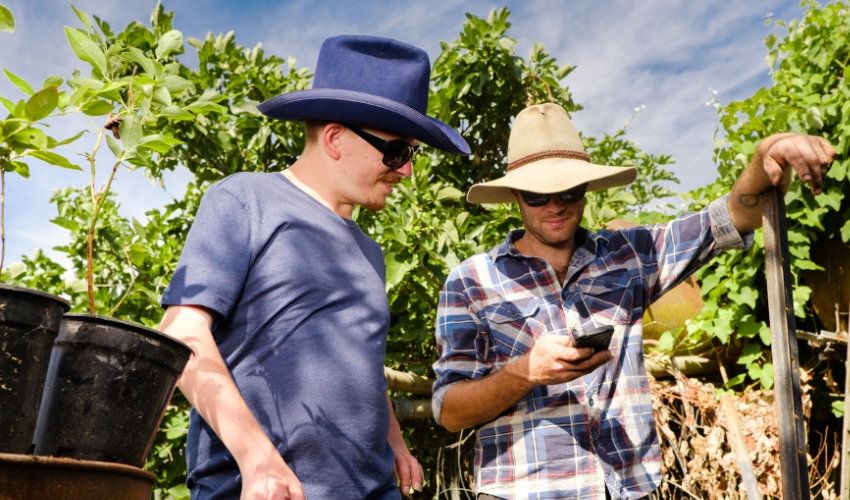
Media Statement: 27 October 2020
The Australian Bureau of Statistics release of the annual Causes of Death data has revealed a disturbing increase in the number of people dying by suicide with 3,318* people taking their own lives in 2019, an increase of 180 on the previous year.
SANE CEO Jack Heath said it was vital for people experiencing suicidal thoughts to reach out for help, but there was also a pressing need to combat the stigma faced by people most at risk which prevents them from accessing the support services they need.
“The failure to reduce stigma is contributing to an average of nine Australians taking their lives each day,” said Mr Heath.
Recently released data from SANE’s National Stigma Report Card, a national survey of the impact of stigma and discrimination on those living with complex mental health issues, shows almost 62 per cent of participants avoided accessing or using mental healthcare services because of the stigma around mental health issues.
“The proportion of survey respondents who have experienced stigma, or fear being discriminated against when seeking support for complex mental health issues, is deeply concerning,” said Mr Heath.
“In order to ensure more people are able to access the help they need, we need to build a mental health system that is free from stigma and discrimination. At the same time, we need more and better services, especially for those feeling suicidal.”
A common theme among those who experienced stigma while seeking support was that some mental health professionals were judgemental, dismissive or lacked empathy.
One survey participant from Queensland noted that they “stopped reaching out to crisis and suicide prevention services because I don’t want to be treated like a criminal or be undermined.”
“Because people living with complex mental health issues face enormous challenges, and, like anyone else seeking care and support deserve to feel safe and listened to, SANE is calling for a comprehensive, national ten-year program to reduce stigma and discrimination around complex mental health issues,” said Mr Heath.
Alongside the call to reduce stigma, Heath believes hearing from other people who have attempted suicide can be of real benefit to those struggling with suicidal thoughts – an approach which informs SANE’s other suicide prevention activities.
In early 2020, SANE conducted the suicide prevention campaign pilot Better off with you in Northern Sydney and regional Queensland. The initiative, which won Suicide Prevention Australia’s 2020 LiFE Award, featured real stories of people who had attempted, or seriously contemplated, suicide and provided resources for people having suicidal thoughts and their loved ones. SANE is seeking to extend the program around Australia.
SANE also developed the online interactive resource You are not alone for the carers, friends and family of someone who has attempted suicide, or is at risk of doing so. The resource provides information, support and advice at different stages of the carer’s journey, whether it’s immediately after a suicide attempt or a year later.
*These figures are preliminary and are subject to review.
Anyone looking for information, support and guidance from mental health professionals can contact the SANE Help Centre on 1800 187 263 or
- Lifeline 13 11 14
- Suicide Call Back Line 1800 659 467
- Mensline 1300 789 978
- KidsHelpline 1800 551 800
ENDS
To request an interview with SANE CEO, Jack Heath, please contact:
Bronwyn Miller, Media Coordinator
Phone: 0438 092 371
About SANE
SANE is a national mental health charity dedicated to making a real difference in the lives of people affected by complex mental health issues. SANE’s vision is for an Australia where people affected by complex mental health issues live long and fulfilling lives, free from stigma and discrimination.
About the National Stigma Report Card
The National Stigma Report Card is a world-leading study into the effects of stigma and discrimination on people living with complex mental health issues. It is the flagship project of SANE’s Anne Deveson Research Centre and is conducted in partnership with the Melbourne School of Psychological Sciences at the University of Melbourne, with the support of the Paul Ramsay Foundation. The findings of the National Stigma Report Card will be used to drive positive change across key life domains.